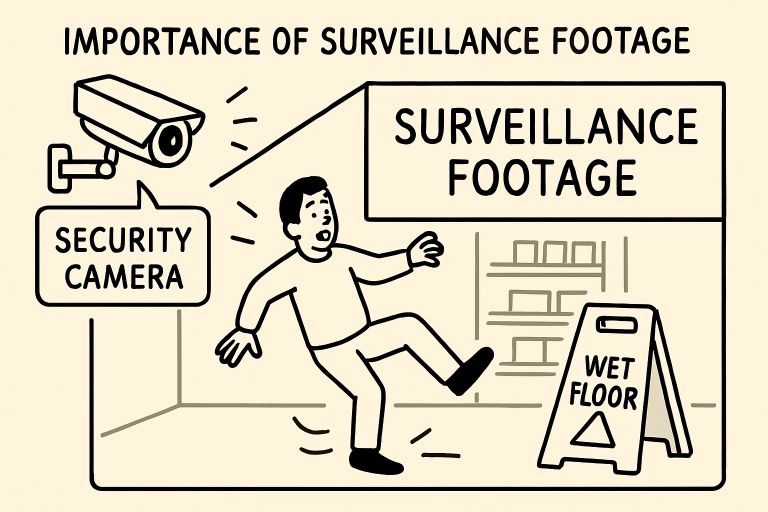The Role of Whistleblowers in Uncovering Pharmaceutical Fraud
What Is Pharmaceutical Fraud?
Pharmaceutical fraud involves deceitful practices by drug manufacturers and healthcare providers aimed at financial gain. This type of fraud can encompass various activities, from falsifying clinical trial data to marketing drugs for unapproved uses. Misrepresenting data can lead to the approval of ineffective or harmful drugs, while illegal marketing practices can put patients at risk and inflate healthcare costs. Understanding the various forms of pharmaceutical fraud is essential to safeguarding public health and ensuring the integrity of healthcare systems.
The Importance of Whistleblowers
Whistleblowers are critical in exposing unethical and illegal activities within the pharmaceutical sector. These individuals often risk their careers, financial stability, and personal lives to bring fraudulent actions to light. Their bravery can lead to significant legal and economic consequences for the perpetrators, forcing companies to adopt more ethical practices. Whistleblowers’ efforts are crucial for protecting patients, healthcare resources, and the integrity of the broader healthcare system. Their disclosures can lead to significant policy changes, hefty fines for fraudulent companies, and the development of safer, more effective drugs. Consulting a pharmaceutical attorney can provide valuable guidance if you suspect fraudulent activity.
Types of Pharmaceutical Fraud
Fraudulent Claims
Submitting false claims to healthcare programs to obtain payments is one of the most prevalent forms of pharmaceutical fraud. This often involves billing for drugs or services that were never provided or inflating the costs of those that were. These deceptive practices drain valuable resources from healthcare systems and can lead to higher insurance premiums and taxes. Tackling fraudulent claims calls for vigilant monitoring, stringent regulations, and effective whistleblower programs that encourage the reporting of unethical practices.
Off-Label Marketing
Off-label marketing refers to promoting drugs for uses that the relevant regulatory bodies have not approved. This practice can lead to significant health risks and legal liabilities. For example, a drug approved for treating one condition might be marketed for another, unapproved use, leading to dangerous side effects and ineffective treatment. Regulatory bodies like the FDA strictly control drug labeling to ensure patient safety. For more detailed information, consider reviewing this guideline on off-label marketing.
Kickbacks
Kickbacks involve providing financial incentives to healthcare providers for prescribing specific drugs. These incentives can significantly influence prescribing practices, often leading to biased treatment options that may not be in the best interest of patients. Such practices can erode trust in the healthcare system and result in suboptimal patient care. Addressing this issue requires solid regulatory frameworks, rigorous enforcement, and harsh penalties for violators. Enforcing laws prohibiting kickbacks is essential for maintaining the integrity of medical decision-making and patient trust.
Case Studies of Whistleblowers in Action
Real-world examples illustrate the significant impact whistleblowers can have in exposing pharmaceutical fraud. One such case involved a major pharmaceutical company fined millions of dollars after a whistleblower revealed the company had been illegally marketing drugs for unapproved uses. Another case saw a significant healthcare provider paying hefty fines following disclosures of fraudulent billing practices. These examples highlight the importance and effectiveness of whistleblower actions in bringing about justice and systemic change. They underscore whistleblowers’ critical role in maintaining ethical standards in pharmaceutical and healthcare industries.
Legal Protections for Whistleblowers
Various laws, such as the False Claims Act, provide essential protections for whistleblowers. These legal protections are designed to empower individuals to report fraudulent activities and ensure they are not subjected to retaliation from their employers. The False Claims Act allows whistleblowers to file lawsuits on behalf of the government and receive a portion of the recovered damages. This provision rewards whistleblowers and incentivizes others to come forward with information about fraud. The U.S. Department of Labor is a comprehensive resource for an updated list of these protections. Before taking action, potential whistleblowers must understand their legal rights and protections.
How to Report Pharmaceutical Fraud
Reporting pharmaceutical fraud involves multiple steps, including gathering evidence and contacting regulatory agencies or legal firms specializing in whistleblower cases. Documenting all relevant information thoroughly and maintaining a record of communications and transactions is also essential. Potential whistleblowers should seek legal advice to understand their rights and the appropriate procedures for reporting. Consulting specialized legal firms can provide invaluable support and ensure whistleblowers are protected throughout the process. Understanding one’s legal rights and the guidelines for reporting can make the difference between a successful disclosure and potential retaliation.
The Impact on Public Health
Pharmaceutical fraud can have dire consequences on public health, including the distribution of ineffective or harmful drugs, which can pose significant health risks. For example, a drug that needs to be adequately tested might be marketed as safe and effective, only for patients to experience severe side effects or health complications. Additionally, fraudulent activities can increase healthcare costs, making treatments less affordable and accessible for many people. Addressing pharmaceutical fraud is, therefore, crucial for maintaining public health and ensuring that patients receive safe, effective, and affordable treatments. The ethical integrity of the pharmaceutical industry is vital for public trust and health outcomes.
The Future of Whistleblowing in the Pharmaceutical Industry
As the healthcare landscape continues to evolve, so will the challenges and opportunities for whistleblowers. Technological advancements like blockchain and advanced analytics offer new tools for detecting and preventing fraud. At the same time, changing regulatory environments will shape the future of efforts to combat pharmaceutical fraud. Strengthening protective measures for whistleblowers and fostering a culture of transparency and accountability will be vital in supporting whistleblowers in their critical role. Encouraging ethical practices and robust reporting systems within pharmaceutical companies can significantly reduce the incidence of fraud and improve overall healthcare outcomes.














